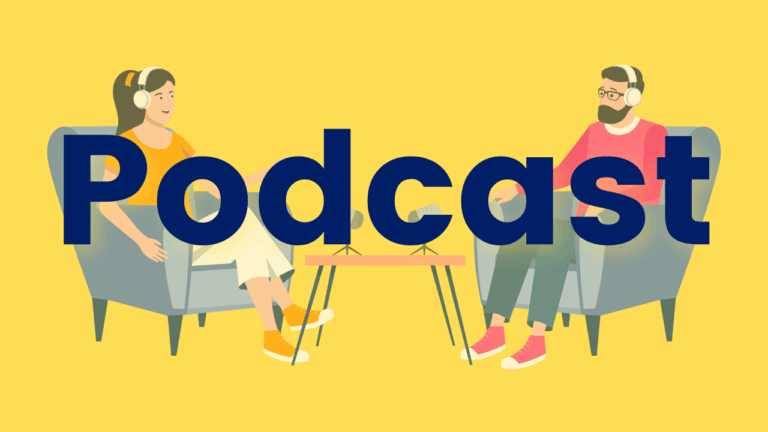Which Words Are Worth Teaching?
IDA Perspectives article about vocabulary instruction from early childhood to senior grades.

IDA Perspectives article about vocabulary instruction from early childhood to senior grades.

free website designed to help educators generate lists of words

Self-Regulated Strategy Development (SRSD), an evidence-based framework for teaching strategies for reading and writing.

IDA Ontario webinar outlining 5 key changes that educators can make in their Kindergarten classroom.

Comprehensive article outlining the key principles for making sense of the English spelling system.

This podcast explores MTSS and provides insights into classroom instruction.

Webinar series following three Ontario teachers as they implement universal screening.

Reader friendly book for educators outlining 7 changes to classroom instruction to improve literacy outcomes.

This educator-friendly book, written by reading researchers, outlines the rationale for vocabulary instruction, and how to implement it in classrooms from K-12

This IDA Ontario webinar focuses on incorporating intentional yet playful phonological and phonemic awareness instruction into the Ontario kindergarten program.

Written for teachers by a teacher with a strong understanding of reading science, this title supports both the foundational skills and language comprehension components of reading.

Third webinar in the IDA Ontario structured literacy in kindergarten series.